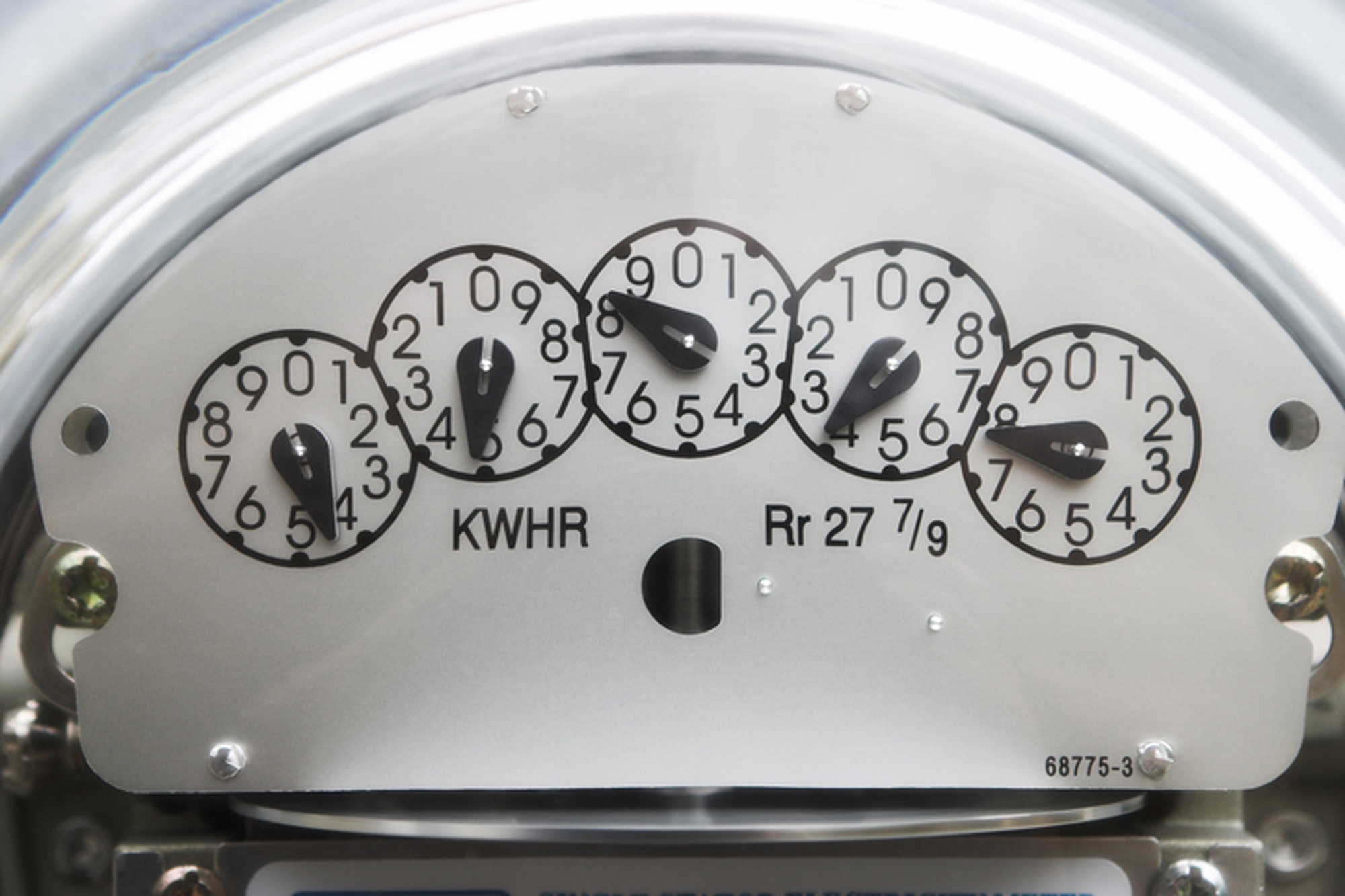What Is a Kilowatt-Hour?
Here’s a look at how this unit of energy relates to electric vehicles.
 Getty Images
Getty Images
Article QuickTakes:
Energy can be neither created nor destroyed, but it can definitely be confusing. If you’ve tried deciphering the window sticker on an electric vehicle lately or perhaps looked closely at your home electric bill, you have encountered the kilowatt-hour, often abbreviated as kWh. This unit is a measure of energy most often describing electricity use.
You can think of kilowatt-hours like calories for an electric device. Just as we consume calories from food to gain energy and store for later use, an electric vehicle (EV) or plug-in hybrid takes in kilowatt-hours of electricity while charging and stores them in its battery. The energy is later used to power one or more electric motors that move the car.
How Much Energy Is in a Kilowatt-Hour of Electricity?
It’s all in the name: The kilo prefix denotes 1,000 units of something, a watt is a measure of power, and an hour is, well, 60 minutes. So, a kilowatt-hour is equal to 1,000 watts of power sustained for an hour. The watt is named for James Watt, a Scottish inventor who we have to thank for the idea of horsepower, which incidentally is equal to about 746 watts.
A kilowatt-hour is equal to about 860 calories, or the energy content of roughly six Twinkies. Bringing it back to the automotive world, a kilowatt-hour has approximately as much energy as 0.030 gallon of gasoline or 0.027 gallon of diesel.
What Does Kilowatt-Hour Mean for an EV?
EV owners use kilowatt-hours of electricity the same way that drivers of gas-powered vehicles talk about gallons of fuel. It can describe the amount of energy transferred into an EV's battery while charging, similar to filling up a car at a gas station. Used in this sense, kilowatt-hours are directly related to the cost of charging an electric car.
Kilowatt-hours can also be used to describe how much energy the battery pack can hold, akin to the size of a gas tank. Modern electric cars have battery packs that store between 60 and 200 kilowatt-hours of electricity. Do that math and you’ll find that a fully charged EV battery contains the same energy as just two to six gallons of gas.
An EV's range depends both on the amount of energy stored in the battery and how efficiently the vehicle uses that stored electricity. When talking about the efficiency of an EV, the industry uses kilowatt-hours per 100 miles. It's similar in concept to an mpg rating for a gas car. You'll see a rating for this on every EV's window sticker and can use it to compare energy consumption between vehicles.
How Much Does a Kilowatt-Hour of Electricity Cost?
Like a lot of things, the cost of energy depends on where and when you’re buying it. The average price for a kilowatt-hour of residential electricity in the U.S. is currently about 15 cents, but it ranges from about 12 cents to 42 cents. Many utilities offer a reduced rate during off-peak hours, meaning you can get a break on the price if you charge your vehicle overnight. This varies just like the standard residential price. And if you’re charging at a public station where you pay by the kilowatt-hour, the rate will typically be higher than charging at home, but again this will vary with the price of electricity in that area.



